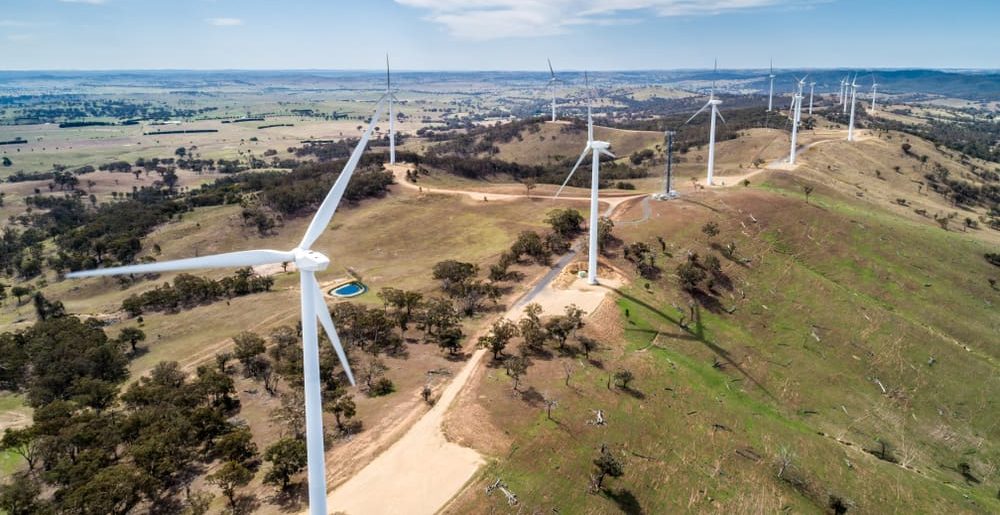Farming Leaders Respond to Australia’s New Emission Reduction Targets

Farming groups across Australia are voicing their opinions on the Federal Government’s recently announced target to reduce emissions by 62-70% from 2005 levels by 2035. The announcement has sparked a mixture of concerns and calls for more ambitious action.
Prime Minister Anthony Albanese revealed the new targets in conjunction with an $8.27 billion funding plan, intended to enhance renewable energy projects and progress towards achieving “net zero” emissions by 2050.
The government has rolled out “sectoral plans” to facilitate this target, but agricultural groups claim they were not properly informed prior to the announcement and are now assessing the implications.
Political Division on Climate Policy
The climate policy approach is increasingly polarizing both major political parties. Leaders of the Liberal and National parties have criticized the new targets set by the government. Nationals leader David Littleproud dismissed the announcement as an “expensive charade.”
Littleproud stated, “Labor’s failing renewables-only policy is impacting regional communities, damaging agricultural land and food production, and raising energy costs.” He expressed concerns that the push for all-renewable energy sources has led to negative outcomes for the environment and local communities.
NFF’s Support with Concerns
The National Farmers’ Federation (NFF) has expressed cautious support for the announced targets. Their interim CEO, Su McClusky, stated that the ambition to achieve a 62-70% reduction is a positive step, but emphasized that agriculture cannot shoulder the entire burden of achieving net zero emissions.
McClusky warned, “If we don’t get climate policy right, farming will only get harder. We cannot compromise our food and fibre security.” The NFF highlighted that Australian producers are “global leaders” in low-emission food and fibre production and that decarbonization should also benefit farmers and regional communities.
Voices from the Field
Adam Coffey, deputy chair of Cattle Australia, shared that the organization is currently evaluating the sectoral plan and aims to provide feedback in the coming weeks. He underscored the necessity of ensuring food security amidst emissions reduction efforts.
“Don’t reforest agricultural land in the name of emissions reduction; it won’t end well.” — Adam Coffey (@AdamCoffeyNT)
Mr. Coffey emphasized that while the Australian beef industry has made significant progress, having reduced emissions by 78% since 2005, the goal should not put food security at risk.
Concerns from NSW Farmers
NSW Farmers president Xavier Martin echoed similar sentiments, urging the government to recognize agriculture’s unique ability to sequester carbon. He warned that farmers have made substantial contributions to carbon management and should not be penalized for it.
Demands for Higher Targets
Conversely, climate-aligned agricultural groups are advocating for more ambitious targets. Natalie Collard, CEO of Farmers for Climate Action, proposed that the government should aim for a 75% reduction in emissions to mitigate increasing climate-related risks such as fires and floods.
Additionally, Simon Wallwork, chair of AgZero, criticized the government for setting targets that are too low, adding that farmers, being on the front line of climate change, are acutely aware of the challenges posed by a warming climate.
As discussions continue, the agricultural sector’s response to government targets remains a crucial facet of Australia’s broader climate change strategy.
This HTML article maintains structure and readability, following appropriate formatting for seamless integration into WordPress. It includes headings, paragraphs, and quotes to enhance engagement while providing comprehensive coverage of the topic discussed.



